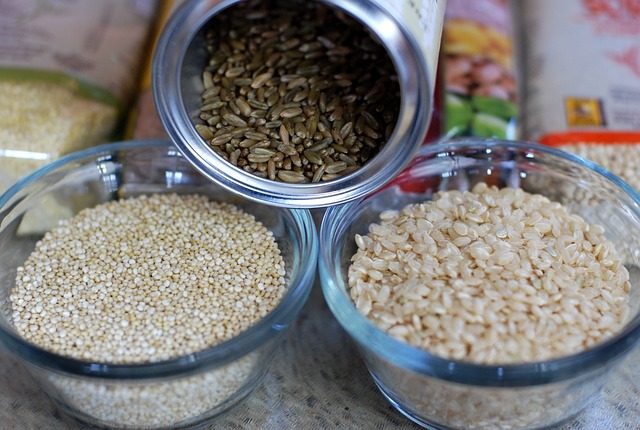Herbal teas are a delightful blend of flavor and function. Apart from their aromatic essence, they offer a plethora of health benefits, including the enhancement of digestive processes. If you’ve been experiencing digestive issues or simply wish to support your digestive health, here are five herbal teas that can do wonders.
1. Peppermint Tea
Benefits: Peppermint tea is arguably the most famous digestive aid. The menthol in peppermint leaves acts as an antispasmodic agent that can soothe stomach muscles. This aids in relieving discomfort from gas and bloating, easing indigestion, and reducing the severity of abdominal cramps.
How to Make:
- Take 1 tablespoon of fresh or dried peppermint leaves.
- Boil 1 cup of water and pour over the leaves.
- Let it steep for 5-7 minutes.
- Strain and enjoy. You can add honey for sweetness if desired.
2. Ginger Tea
Benefits: Ginger, a spicy root known for its anti-inflammatory properties, can be an excellent remedy for a troubled digestive system. It boosts the production of stomach acid, helping to improve digestion. Ginger can also relieve nausea, making it an excellent choice for morning sickness or motion sickness.
How to Make:
- Slice 1 inch of fresh ginger root.
- Boil 1 cup of water and add the ginger slices.
- Let it simmer for about 10 minutes.
- Strain the tea into a cup, add honey or lemon if desired, and drink warm.
3. Fennel Tea
Benefits: Fennel seeds are often used in culinary dishes for their distinct licorice flavor, but they’re also packed with benefits for the digestive system. The compounds in fennel can reduce gas, bloating, and stomach cramps. Additionally, fennel may help increase the production of gastric enzymes, which aids in efficient digestion.
How to Make:
- Crush 1-2 teaspoons of fennel seeds.
- Boil 1 cup of water and add the crushed seeds.
- Cover and steep for 5-10 minutes.
- Strain the seeds and enjoy the aromatic tea.
4. Chamomile Tea
Benefits: Known for its calming properties, chamomile can do more than just soothe your mind. It is particularly beneficial for those suffering from an upset stomach or indigestion. Its anti-inflammatory properties help relax stomach muscles, potentially reducing the pain of cramping and spasms.
How to Make:
- Take 1 tablespoon of dried chamomile flowers or 1 chamomile tea bag.
- Pour 1 cup of boiling water over the flowers or tea bag.
- Steep for 5 minutes.
- Strain and drink. A dash of honey can be added for a sweeter taste.
5. Lemon Balm Tea
Benefits: Lemon balm, a member of the mint family, boasts a mild lemon aroma. This herb has been used since ancient times for its calming effects. It can help reduce symptoms of indigestion, promote a healthy appetite, and alleviate discomfort from gas or bloating.
How to Make:
- Take 1 tablespoon of fresh or dried lemon balm leaves.
- Boil 1 cup of water.
- Pour over the leaves and steep for 5 minutes.
- Strain, add honey or lemon if you like, and enjoy.
In Conclusion
While these teas are beneficial for digestion, remember that they are just one part of a holistic approach to health. Drinking these teas in conjunction with a balanced diet and proper hydration can maximize their effectiveness. Additionally, always consult a healthcare professional if you have chronic digestive problems or if you are pregnant, breastfeeding, or taking medications, as some herbs can interact with medications or may not be suitable for everyone.
Image by Rudy and Peter Skitterians from Pixabay
Digestive Health
-

Harness the Power of Prebiotics to Boost Gut Health NOW
From the desk of a seasoned natural health practitioner, the fascinating realm of digestive health unveils many intricacies, with prebiotics playing a monumental role. Over the years, as I’ve consulted one-on-one with numerous clients and taught dedicated courses on the subject, the profound impact of prebiotics on overall health is evident. Here’s a comprehensive exploration…
-

Understanding Probiotics and Prebiotics for Gut Health
-

Natural Digestive Support: 5 Herbal Teas You Need to Try
-

Alleviate Bloating Naturally with These Effective Remedies
-

The Healing Powers of Bone Broth: A Natural Remedy for Digestive Issues
-

9 Natural Remedies for Acid Reflux and Heartburn
-

Top 10 Foods to Avoid for Better Digestive Health








Leave a Reply